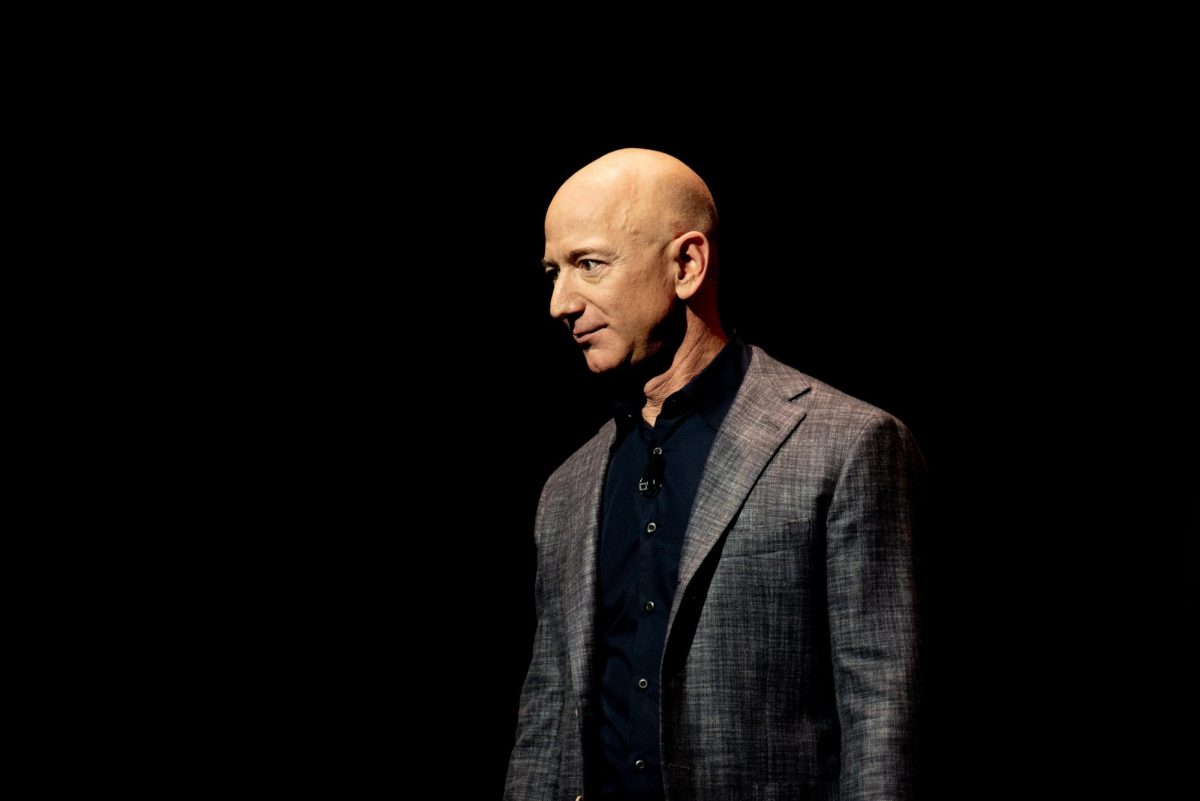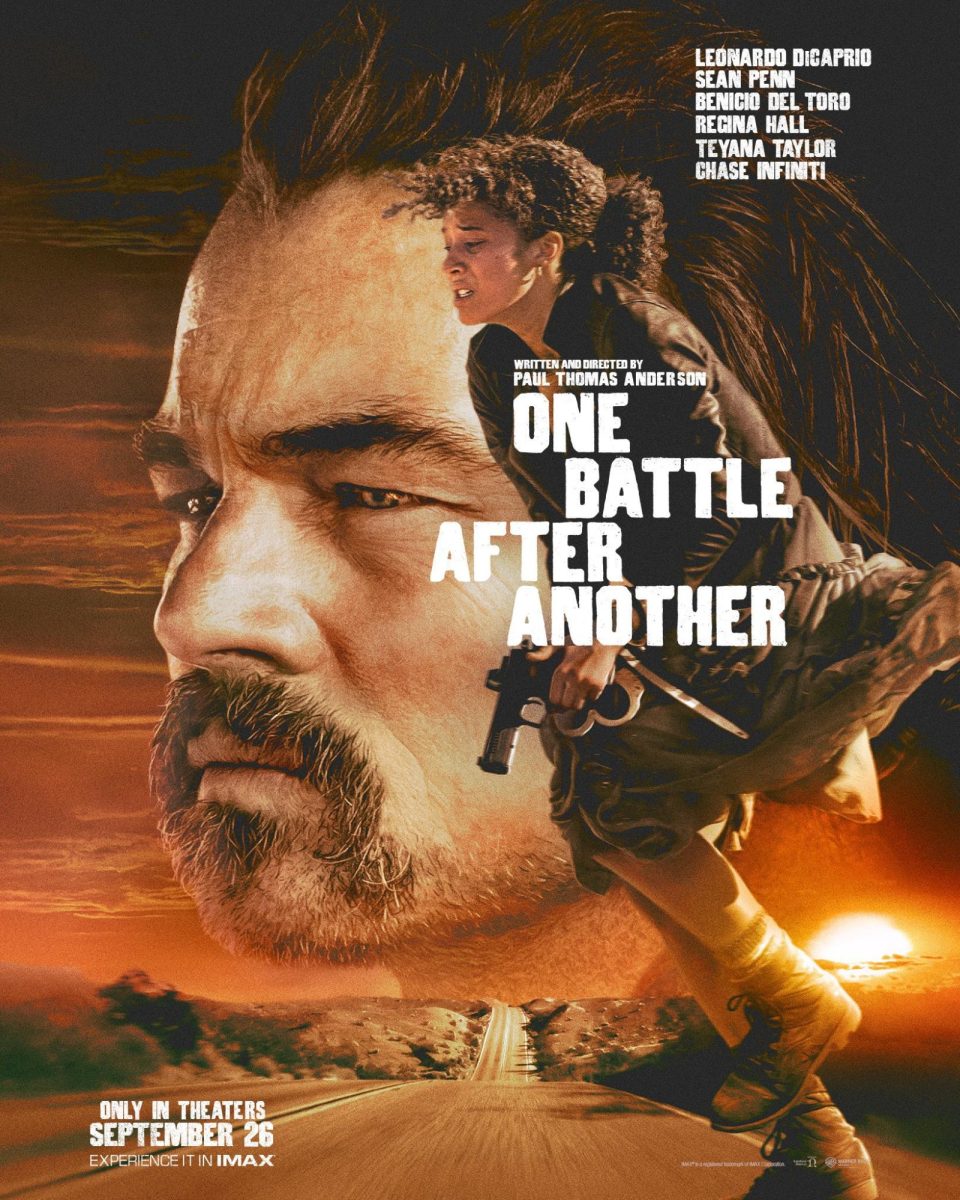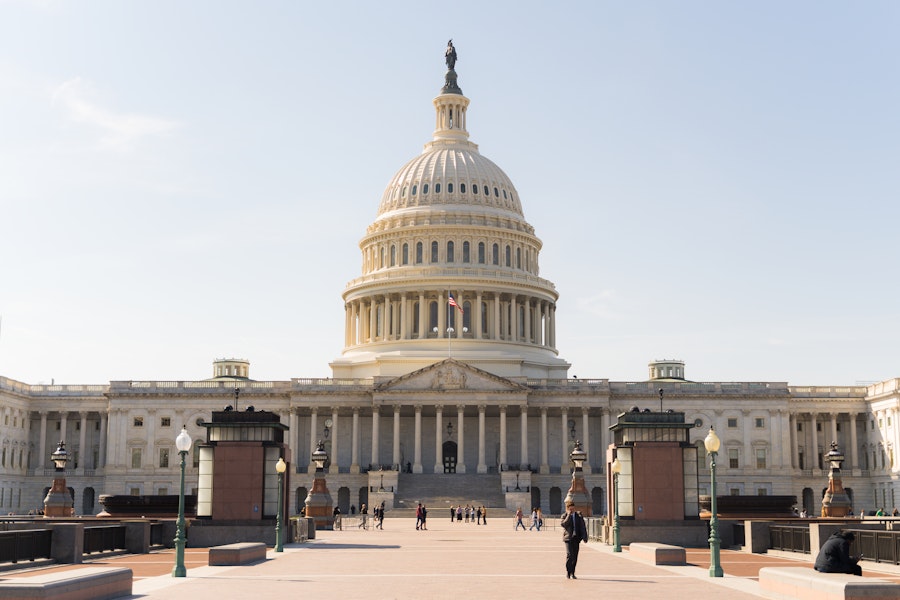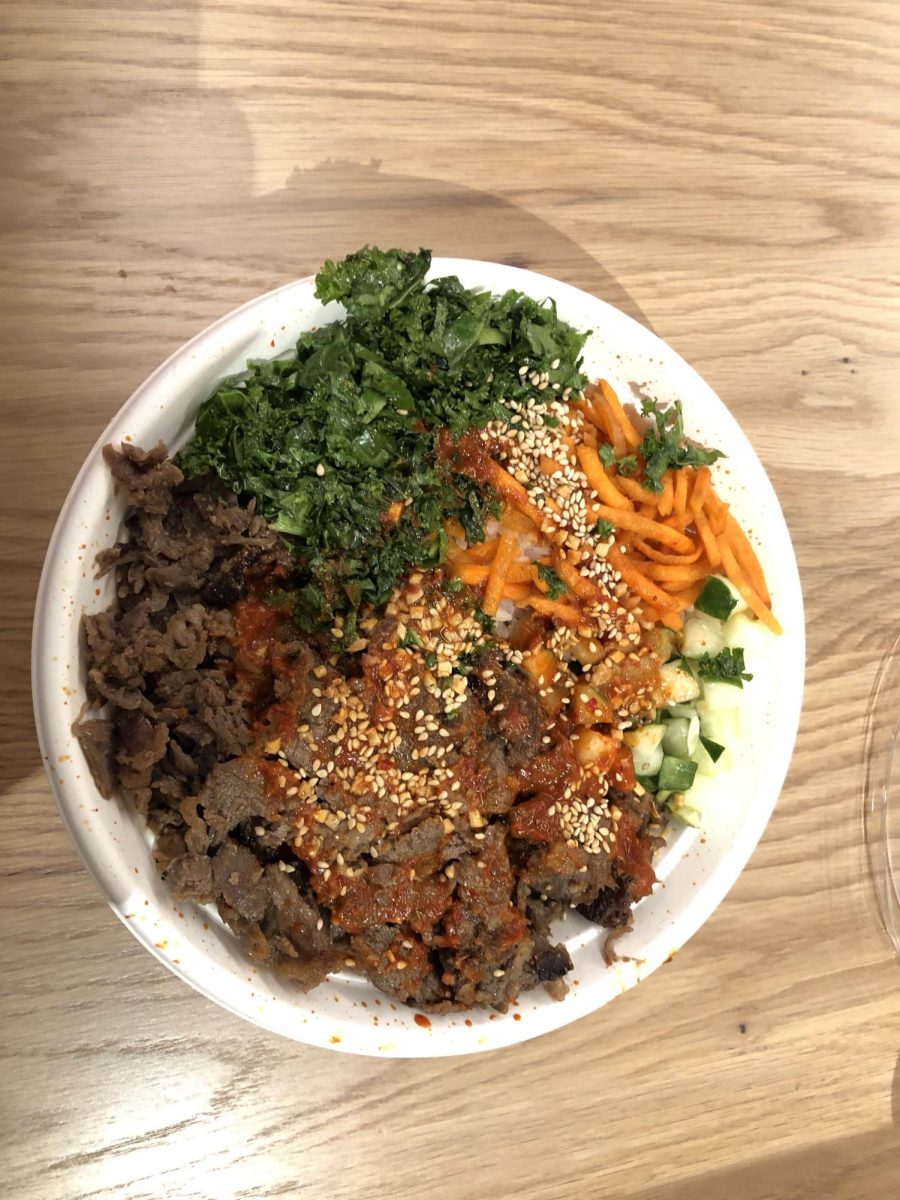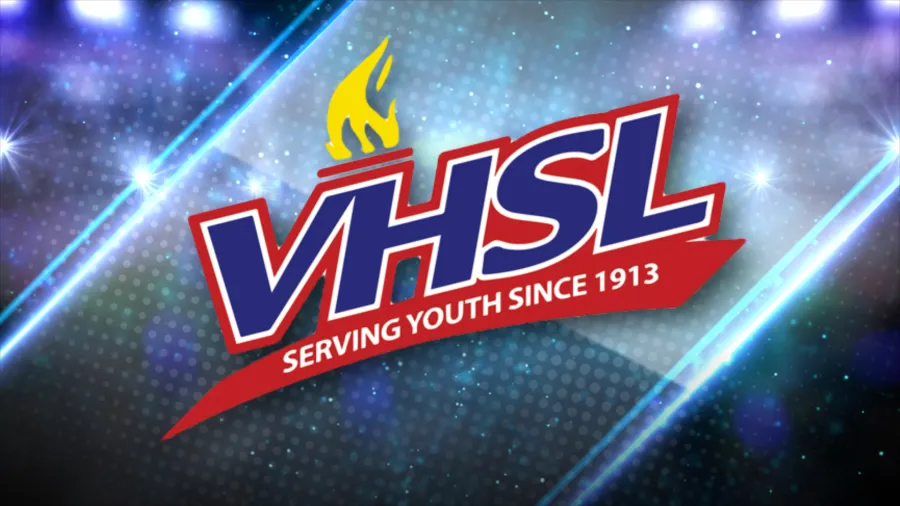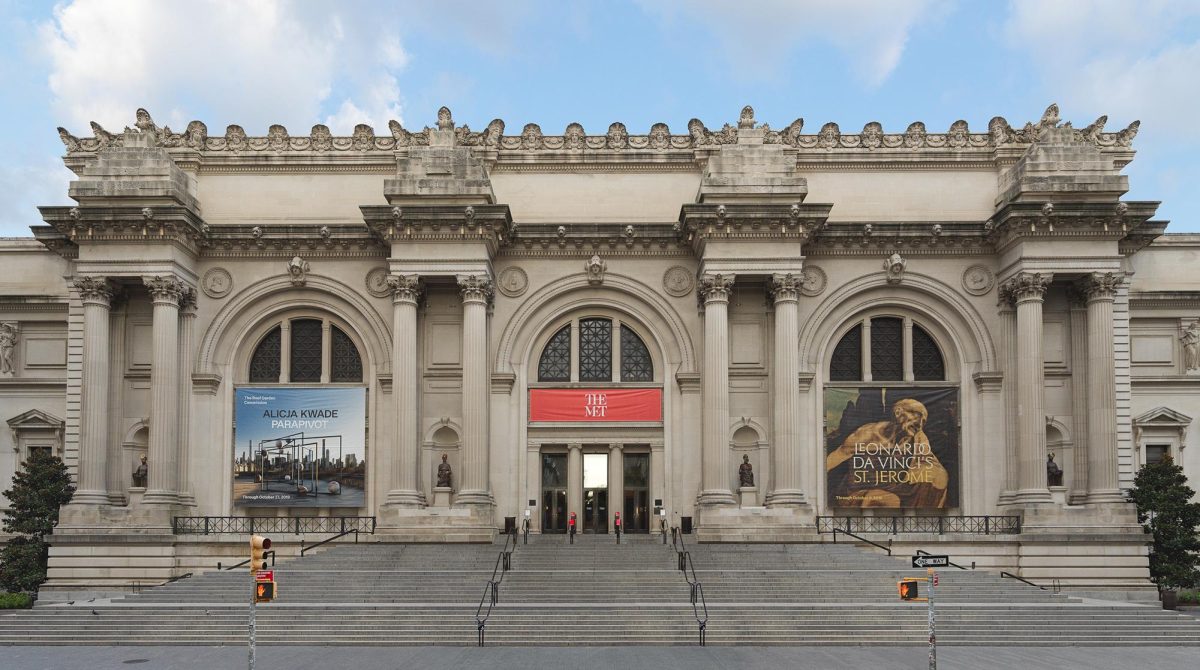“Democracy Dies in Darkness,” reads the front page of every Washington Post edition. It’s written in proud letters on their website, plastered across all of their social media pages. That phrase speaks to the purpose of journalism: to provide honest, unbiased news, to hold authorities accountable, and to remain transparent in their methods whenever possible. For many years, The Washington Post was a fantastic example of journalism done right. However, as times begin to change, I fear that The Washington Post and journalism as a whole are starting to lose these values.
On Oct. 25, The Washington Post announced that they would not endorse a candidate in the 2024 presidential election. The paper was expected to endorse Vice President Kamala Harris. This breaks a decades long tradition and bodes ill for the future of journalism.
There is nothing wrong with choosing not to endorse a candidate in a presidential election. In fact, it is arguably the ethical thing to do. The Washington Post has always fashioned itself as an independent newspaper without a political leaning, choosing not to endorse is perfectly reasonable. The issue is not with the action, but with the timing.
If The Washington Post had made this announcement far in advance, it would have likely garnered much less attention and backlash than it did. However, they made this decision days away from the presidential election, and with President-Elect Donald Trump calling news outlets “bloodsuckers,” the origin of this decision is far from a mystery.
This decision was not made out of a desire to stay neutral; it was a decision born out of fear. Trump and Harris were incredibly close in the polls, and Trump has a history of discrediting and attacking outlets that he believed were against him, calling for CBS to have its broadcasting license revoked back in 2017. Failing to endorse a candidate was a mechanism of self-defense, not only for the newspaper, but for its owner.
Therein lies the heart of this matter. The Washington Post is owned by Jeff Bezos. This man is the founder of Amazon, which has since bought many other companies including Whole Foods, Audible, and Twitch. Yet, he also owns The Washington Post.
Not only could this create a conflict of interest when it comes to reporting on companies and groups he’s associated with, there is another, much larger issue. While a president would struggle to punish a newspaper for its reporting without a violation of the first amendment, Bezos’ other assets leave The Washington Post vulnerable.
When a person like Jeff Bezos, who owns many large corporations, is in charge of a newspaper, that newspaper’s integrity is compromised. As soon as the owner of a news source has to balance other competing interests with journalistic integrity, that source is less reliable. Jeff Bezos is a businessman, whose only goal is to make money. He is unlikely to put The Washington Post over Amazon, which is by far the highest grossing of his products.
This is not an easy issue to handle. Unfortunately, there are some positives to having the ultra-wealthy own newspapers. Having wealthy owners willing to put money into print journalism helps to sustain it, especially when there has been a sharp decline in advertising revenue in the past 24 years.
Pew Research Center estimates that total advertising revenue in newspapers has dropped by a massive 39 billion dollars since 2000, going from 48 billion to 9 billion. Meanwhile, circulation revenue has only increased by 1 billion, not nearly enough to compensate. In those conditions, it is easy to see why some may see having an ultra wealthy owner as a benefit.
Despite this, a compromised newspaper is still dangerous. The purpose of the press has always been to keep people in power accountable by holding them up for the world to see. If a newspaper is unable to fulfill that job, they risk leaving powerful people unchecked. When a newspaper as large as The Washington Post fails, they leave millions of people in the dark.
As papers like The Washington Post expand, thousands of important local newspapers die off. Researchers at Northwestern’s Medill School of Journalism found that more than half of US counties have limited access to reliable local news, and over 200 counties have no local news at all.
This puts many people in a position of having to rely on news giants like The Washington Post for their news. As a result, when a paper like that is compromised, those people lose the little reliable news access that they had.
With large news sources being compromised, the best step for those who value journalism is to support local news. Not only are local news less likely to have to balance other interests, they also serve a vital purpose in holding local and state governments accountable. Large publications like The Washington Post and the New York Times do not have the bandwidth to cover these issues, but local papers can. While it is important to research any news source you consume, take a look at a local newspaper or cable news channel. They are a lot more important than you think.



